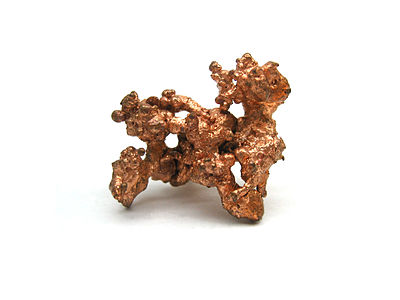The metallurgical sector of South Korea expects the restructuring

Metallurgical sector in Korea is expected to carry out restructuring actions. This was stated by the Minister of Commerce and industry Chu Hyung-hwan, considering the problematic sectors of the national economy. Measures designed to increase the competitiveness of national companies. Noted that many South Korean manufacturers recently there has been considerable financial problems. Now the distressed company to be restructured. Crisis management procedures are developed in accordance with the recommendations of the leading consulting companies. The world’s leading experts analyzed the current economic situation in South Korea. Report on the steel sector was prepared by the Boston Consulting Group.
Earlier South Korean media covered the recommendations provided by the Boston Consulting Group. One of them was the closure of three mills for the production of heavy plate products. In total the country has seven mills. This advice was given in connection with the small demand for products. The reason was the crisis in the sphere of South Korean shipbuilding. Also considered the possibility of merger of Hyundai Steel, Posco. The merger was aimed at creating the national leader in the steel sector. Korean experts believe the merging of the leading shipbuilding national corporations. Such a step would eliminate excess capacity, leaving the Corporation afloat.
Today in Korea it has seven mills on the development of heavy plate products. Their total production capacity reaches 12 million tons of products annually. Four mill installed at the Posco industries. Two belong to Hyundai Steel. The remainder relates to the company Dongkuk Steel. The products is mainly for the national shipbuilding sector. It is assumed that the relative 2015 the volume of orders for the construction of ships in 2020 will be reduced by half. Demand for heavy plate products will be about 7 million tons. In 2015, the figure was 9.2 million tons. Besides, a certain percentage of demand will be met thanks to the cheap products of China. Accordingly, before the end of this year, it is desirable to stop the operation of one of the heavy plate mills. Presumably two more will complete its work in the years 2017−2019. Thus the total production capacity will be reduced to 4−5 million tons annually.
